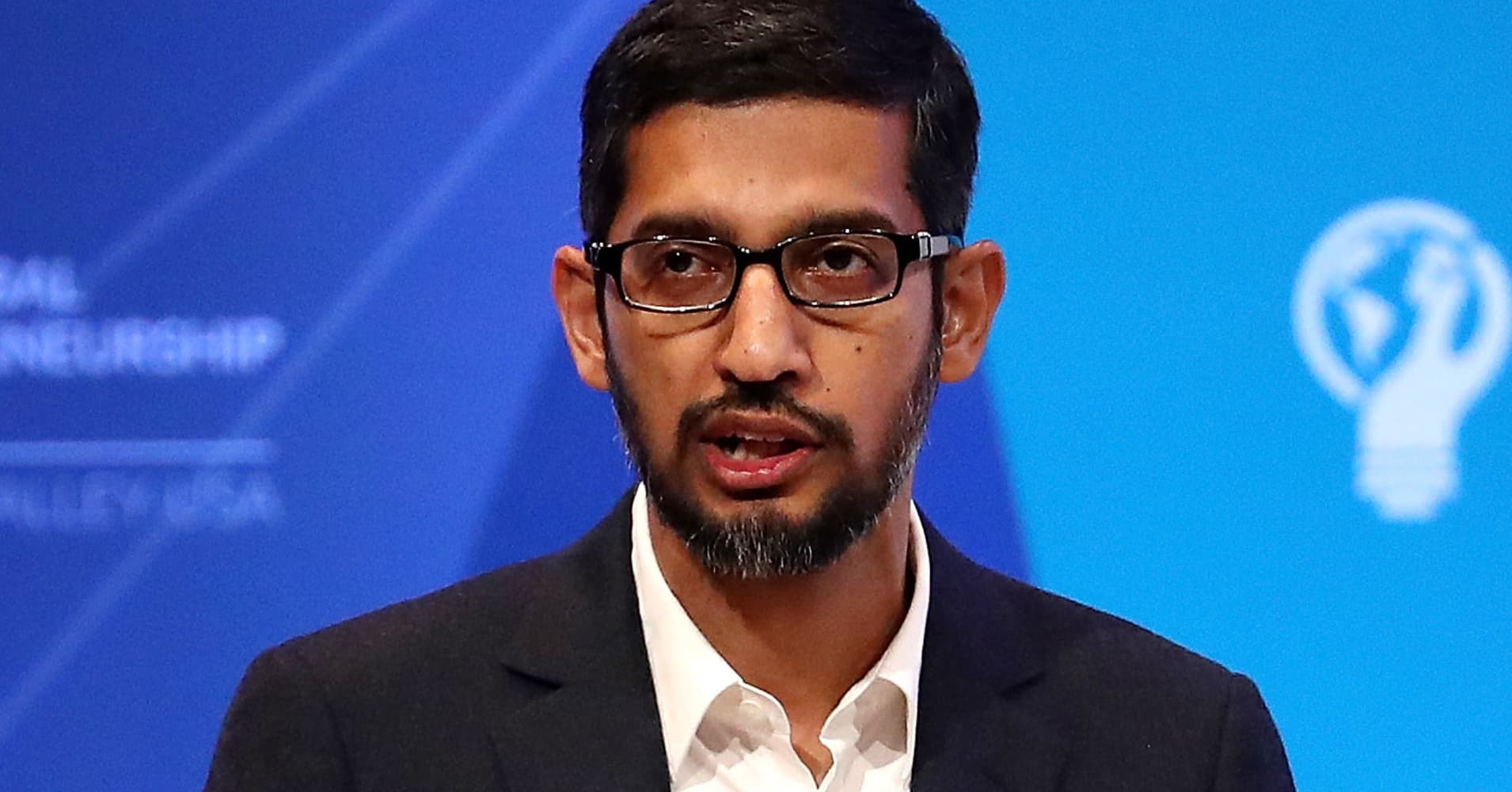
To its credit, Google doesn’t shy away from letting users know what data it collects and why. Its “Your Data” privacy page explains that it tracks things you create, such as emails, contacts you add, calendar events and photos you upload.
It also keeps your name, email address, birthday, gender, phone number and country. It collects data on what videos you watch, the ads you click, your location, device information, and IP address and cookie data. It says it does this to “make [its] services work better for you, which is true: If you block everything you also block Google’s ability to show you more content it thinks you’ll like. Google even lets users download all of their data, including photos, emails, contacts, bookmarks and more, so you can “copy, back it up or even move it to another service.”
Google promises that it keeps all of this data safe during transit between your computer or smartphone and its servers. It also says that its cloud infrastructure protects that data, and that it doesn’t give governments “direct access” or “backdoor access” to any information. Google provides a public transparency report on all requests and other issues that might affect users.
Finally, Google promises that it doesn’t sell your data, but rather uses your information to “make ads relevant” while you’re browsing the web. It says it doesn’t hand over any of this information to advertisers.
Source: Tech CNBC
How to find out what Google knows about you and limit the data it collects